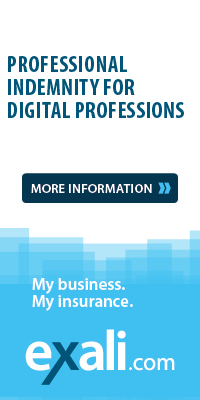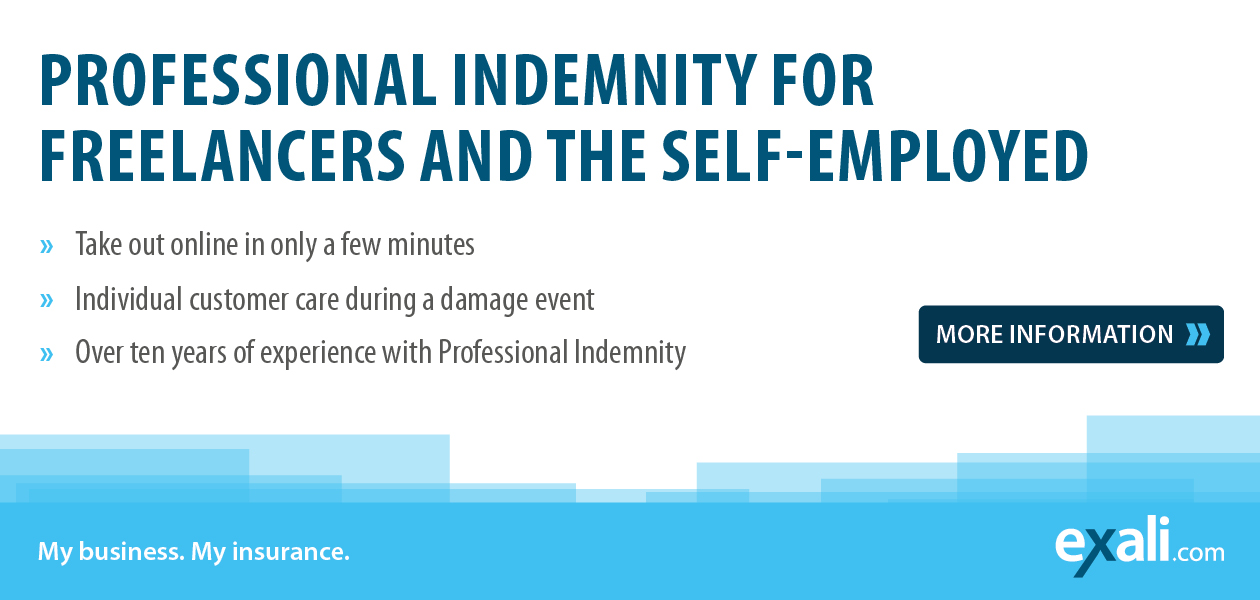Open a Business Account: Tips For the Self-Employed and Freelancers
Opening a business account is a crucial step for freelancers and the self-employed. It ensures a clear separation between private and business finances. It also makes accounting easier and increases your professionalism. When choosing the right account, you need to consider various factors - from the fees to the services offered. In this article, we'll show you what you should focus on to make the best decision for your business.
What Is a Business Account?
A business account is a special form of current account. It enables freelancers and the selfemployed to keep their private and business finances separate. Basically, it works in a similar way to a private current account. However, it can offer additional functions that are tailored to business needs. As a so-called current account, it records all current account transactions, for example business income and expenditure. The possible uses vary: Typical uses include payment by Girocard, transfers, cash withdrawals, standing orders and direct debits. Online and telephone banking are also possible to enable flexible account management.
Who Needs a Business Account?
Opening a business account is usually a legal requirement for corporations. They are not allowed to process their business payments via a private account. For freelancers and the selfemployed, there is no legal obligation to have a business account. However, even if you are free to use this option, opening a business account is recommended for anyone who runs a business.
Why Is a Business Account Important?
There are several good reasons for having a separate business account:
- Some banks exclude the business use of a private current account in their general terms and conditions.
- If business and private finances are mixed in one account, it is difficult to keep track of your own financial situation. Bookkeeping and preparing tax returns are much easier with a separate business account.
- In the event of a tax audit, the tax office will not be able to see your private financial activities.
- You can deduct the costs of a business account from your taxes.
What Does a Business Account Cost?
Many private current accounts are free of charge these days. However, banks sometimes charge high fees for business accounts - depending on the number of transfers, the intensity of use and additional services. You should therefore compare different offers carefully before making a decision. Small companies and freelancers can expect to pay between 50 and 150 euros per year. For larger companies, the costs for a business account can quickly rise to over 1,000 euros per year.
Some online banks and FinTechs even offer free business accounts for this target group. However, ‘free’ usually only refers to account management - the scope of use is often limited and additional services may be charged extra.
No customers, no money. If you want to draw attention to your product or service, a good offer letter can help. Our article will help you with this: Writing Your Offer Properly - How To Convince Potential Customers.
Which Offers Are Available?
Before you decide on an offer, you should ask yourself one question: How do you want to use your account? Thanks to digitalisation, you can adapt your business account to your needs easiliy. The following options are available to you:
| Offer | Advantages | Disadvantages |
|---|---|---|
| Branch Bank |
|
|
| Online Bank |
|
|
| Fin Tech |
|
|
What Conditions Do You Need To Be Aware Of?
The conditions and services associated with a business account can vary greatly. You should take a closer look at the following points before opening an account:
Account Management Fees
Even if a bank advertises a free account: check carefully to what extent this advantage actually applies. A comparison of monthly costs and additional services can save you money.
Credit Line
Especially if you are still in the start-up phase, you may have increased capital requirements. If you lack secure income, this can affect your access to credits. However, some business accounts offer a so-called current account overdraft. This is a loan limited in time and amount. It is used to bridge short-term liquidity bottlenecks. Pay close attention to which cards are available to you. Not every card is accepted everywhere. In addition, amounts are debited more quickly with debit cards than with conventional credit cards.
Consulting
Wherever you open your business account: The bank in question should have expertise in the area of start-ups and be able to provide you with comprehensive advice. Make sure that this advice is not characterised too much by sales intentions.
ATMs and Branches
If you want to withdraw cash from or deposit cash into your account, you should consider a bank with branches. Also find out about the availability of ATMs - even abroad. Please note that fees may also be charged for withdrawals.
Compatibility
Can you link your account directly to your accounting software? This is possible with many account providers. In some cases, however, you will need to purchase the appropriate software and link it to your account yourself. Also check whether it is possible to transfer your account to your tax advisor.
Bonuses
Many banks offer rewards in the form of opening bonuses. However, these should not be the deciding factor when choosing your account.
What Documents Do You Need?
Whether private or business - when opening an account, you always have to prove your identity. When it comes to business, however, it is also about the identity of your company. You can prove this by submitting documents from the trade or tax office to your bank, for example. Alternatively, you can also provide confirmation from your tax advisor. Depending on the type of company, your bank may also require an extract from the commercial register.
No Business Without a Business Account!
A business account is part of basic business activity. If you find the right model for your business, you will enjoy many advantages: With a separate account, you can separate your business expenses from your private expenses. You can keep an eye on your finances and fulfil your accounting obligations much more easily.

Vivien Gebhardt is an online editor at exali. She creates content on topics that are of interest to self-employed people, freelancers and entrepreneurs. Her specialties are risks in e-commerce, legal topics and claims that have happened to exali insured freelancers.
She has been a freelance copywriter herself since 2021 and therefore knows from experience what the target group is concerned about.









